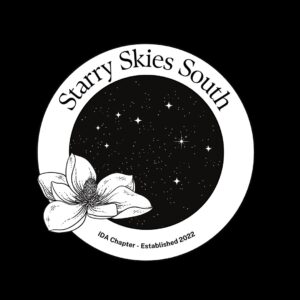All planetarium shows begin at 7:30pm.
Admission opens at 7:00pm; $5/adult, $3/student, 6 and under free.
Telescope viewing afterwards on clear nights.
September 7th – Exploring Gravitational Waves
Over one hundred years ago Albert Einstein postulated that gravitational attraction between two bodies, such as Earth and the Moon, would cause ‘ripples’ of space. NASA Space Place explains: “Gravitational waves travel at the speed of light (186,000 miles per second). These waves squeeze and stretch anything in their path as they pass by.” Join us as we all learn more about these waves together!
Presented by Gena Crook
September 14th – Exploring Gravitational Waves
Over one hundred years ago Albert Einstein postulated that gravitational attraction between two bodies, such as Earth and the Moon, would cause ‘ripples’ of space. NASA Space Place explains: “Gravitational waves travel at the speed of light (186,000 miles per second). These waves squeeze and stretch anything in their path as they pass by.” Join us as we all learn more about these waves together!
Presented by Gena Crook
September 21st – Hairy Stars (Comets)
Comet C/2023 A3 (Tsuchinshan-ATLAS) reaches its closest point to the Sun on Sept 27th and should become visible in the northern hemisphere skies during October. Some predictions have this comet becoming a bright naked eye object! Come and learn all about the history of comets, how we discovered what they are, and how they could hold clues to the origin of the solar system.
Presented by Alex Hall
September 28th – Astronomy Day: Planetary Defense at NASA
Our Keynote Speaker will be Mr. Robert Landis of NASA. His topic “Planetary Defense at NASA” will be of interest to all visitors! Mr. Landis is currently assigned as a program executive to NASA’s Planetary Defense Coordination Office (PDCO). The office was established to manage the Agency’s planetary defense-related projects and coordinate activities across multiple U.S. agencies (along with international efforts) to plan appropriate responses to the potential asteroid impact hazard. Since its original inception as the Near-Earth Object (NEO) Observations Program in 1998, PDCO efforts have discovered more than 98% of the nearly 30,000 NEOs currently known.
Presented by Robert Landis

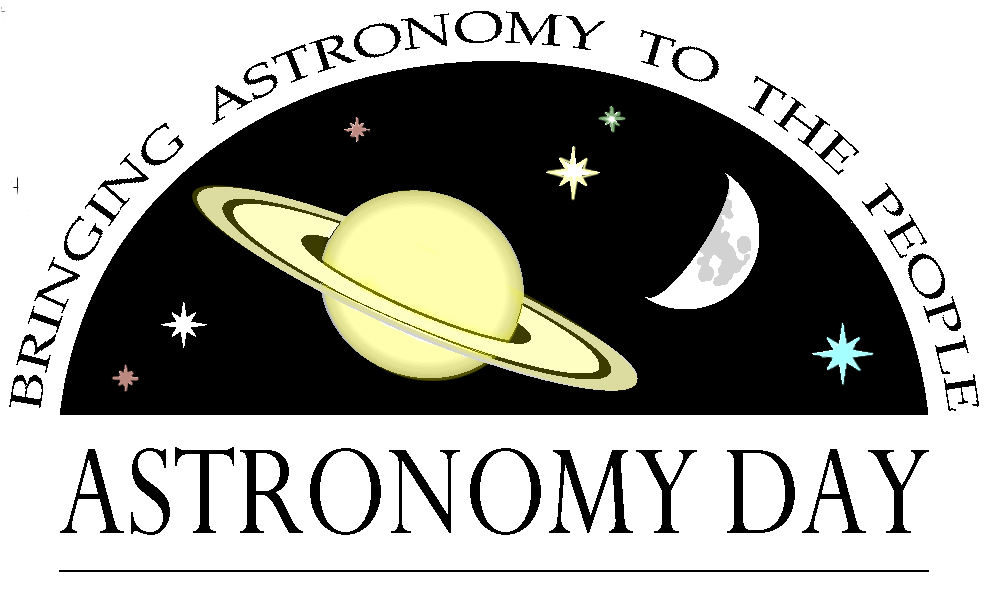
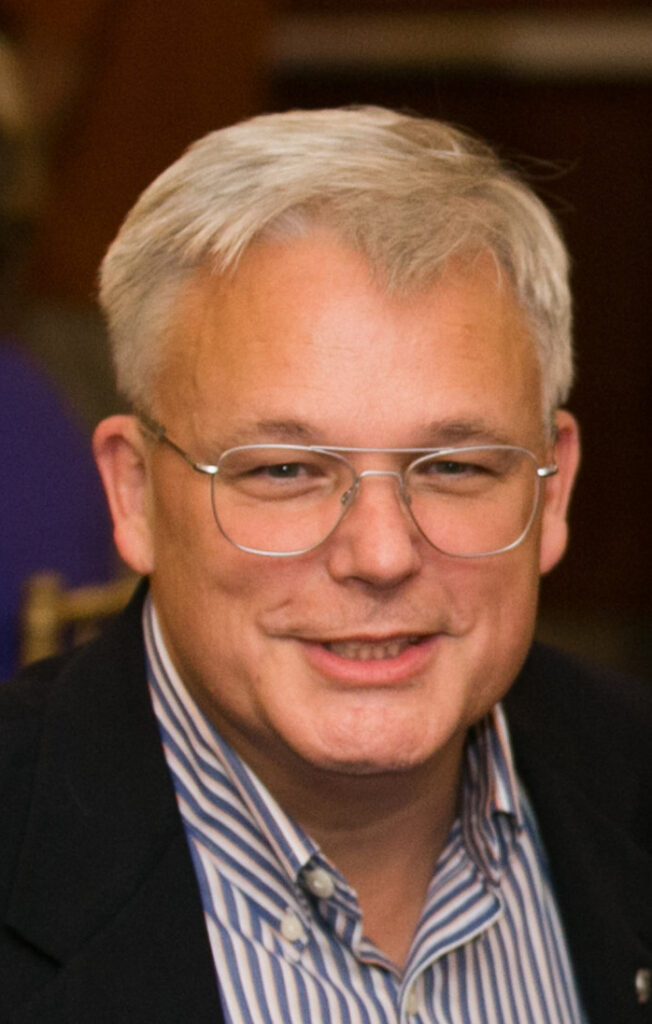
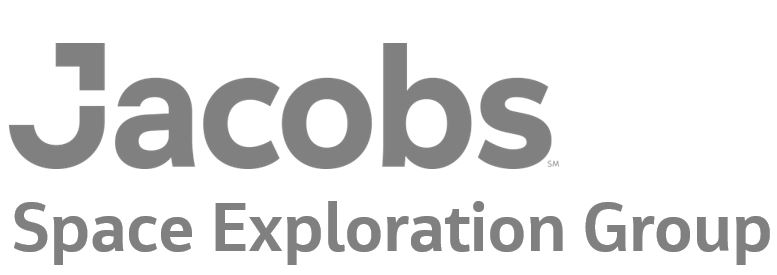

 Telescope Clinic 10:00am -1:00pm.
Telescope Clinic 10:00am -1:00pm.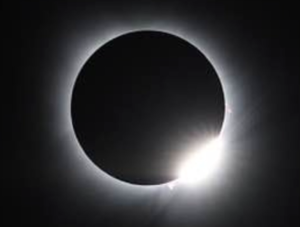 Eclipse Show and Tell 4:00pm-6:00pm.
Eclipse Show and Tell 4:00pm-6:00pm. 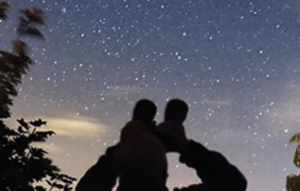 Presentations
Presentations